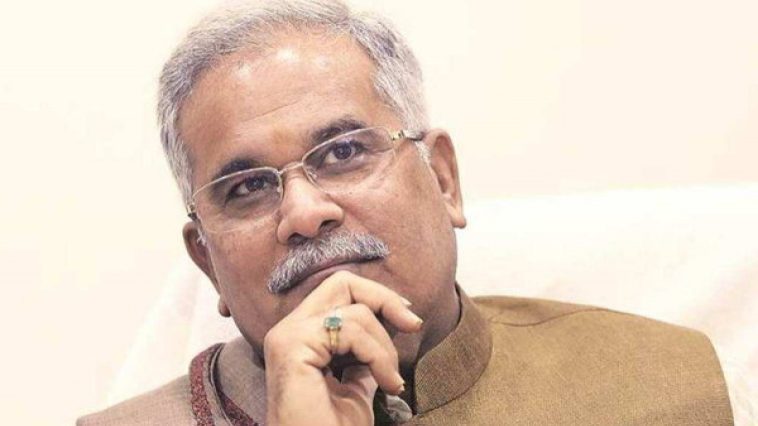Chhattisgarh has recently witnessed a surge in the number of IAS posts, with the number increasing from 193 to 202. This is undoubtedly great news for the state as it reflects a growing demand for competent administrative officers in the region. The Government of India recently published this news in the Gazette, which highlights the significance of this development.

This increase in the IAS cadre in Chhattisgarh is not a new phenomenon. The first review in 2015 resulted in an increase from 178 to 193, while in 2016, the cadre increased from 163 to 178. The fact that this latest increase has taken the total number of IAS posts to 202 is a testament to the continued importance of administrative services in the state.
One interesting aspect of this cadre review is that 29 of the posts are for the position of Collector. This increase is particularly noteworthy because it was proposed when the number of districts in the state was only 29. It demonstrates a forward-thinking approach to governance and administration in the state, with provisions being made for potential future expansion.
Furthermore, it is worth noting that out of the total cadre posts, 40% are reserved for deputation. This means that 44 of the 202 posts are available for central deputation, which provides ample opportunities for IAS officers to gain experience in different regions and contexts.
The increase in IAS posts in Chhattisgarh is undoubtedly a positive development for the state. The availability of competent administrative officers is crucial for the effective functioning of the government and the implementation of policies and programs. With more posts available, the state can attract a diverse range of talent, which will only benefit the people of Chhattisgarh in the long run.
In conclusion, the recent increase in the number of IAS posts in Chhattisgarh is a clear indication of the growing demand for administrative officers in the state. The fact that provisions are being made for potential future expansion and opportunities for deputation only adds to the positive impact of this development.
